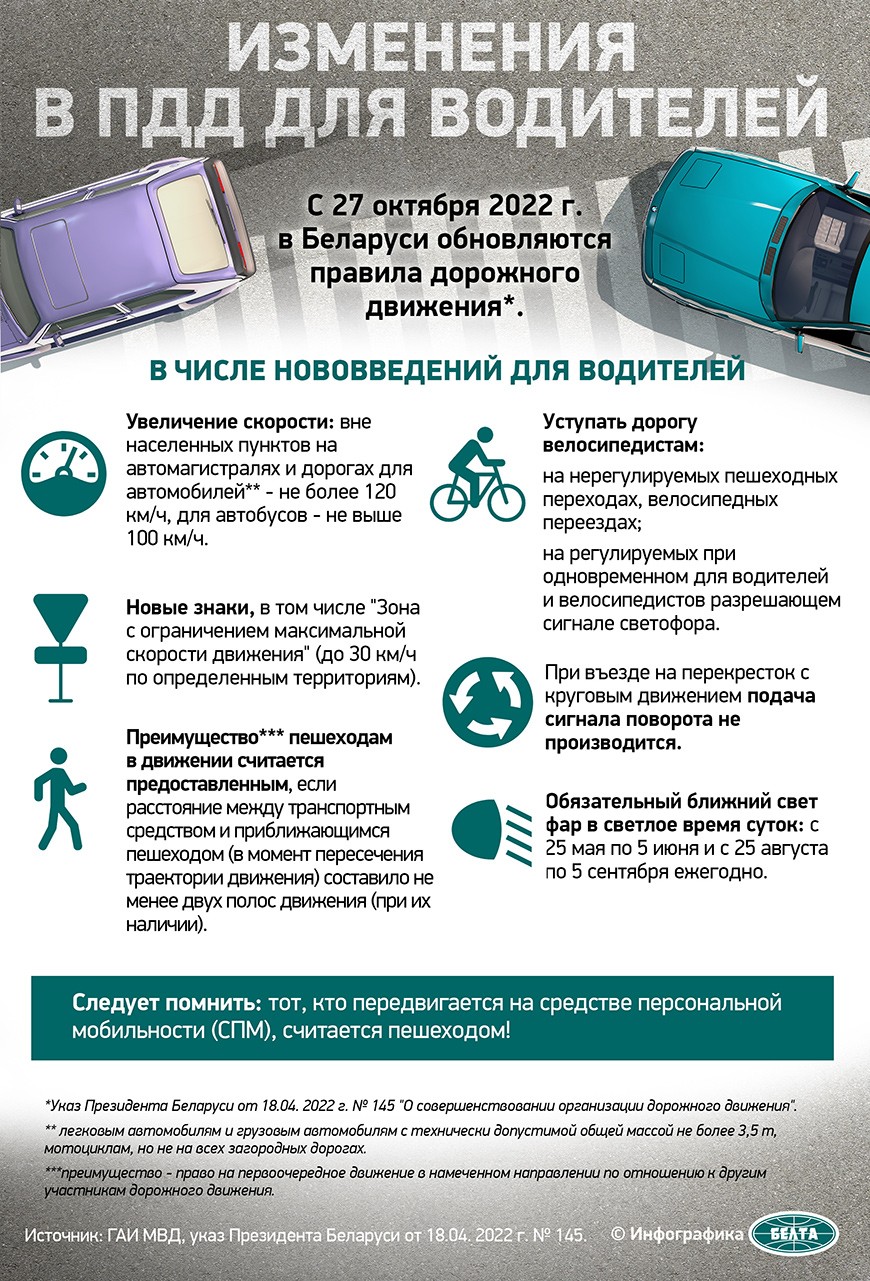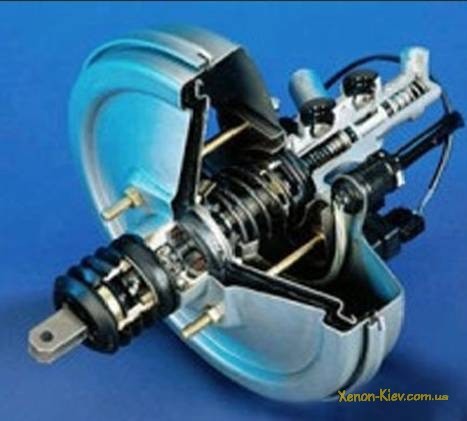
Top Automotive News & Stories: August 27 - September 2
Content
Every week we collect the best announcements and events from the world of cars. Here are the unmissable topics from August 27th to September 2nd.
Just add water for more power; better efficiency
Usually, water in an engine is a very bad thing: it can lead to broken pistons, damaged bearings, and a host of other problems. However, the new system developed by Bosch deliberately adds water to the combustion cycle. This helps the engine run cooler, resulting in more power and better fuel efficiency.
This technology works by adding a fine mist of distilled water to the air/fuel mixture as it enters the cylinder. The water cools the cylinder walls and piston, which reduces detonation and speeds up ignition time. Bosch claims their water injection system improves power output by up to 5%, fuel efficiency by up to 13% and CO4 reduction by up to 2%. Owners will also find it easy to maintain, as in most cases the water storage tank will only need to be filled every 1800 miles.
The system debuted in the track-focused BMW M4 GTS, but Bosch plans to offer it for widespread adoption starting in 2019. They say water injection benefits engines of every size and performance, whether it's an everyday commuter car or a hardcore sports car. .
Bosch details its water injection system in an exclusive interview with Autocar.
Cadillac plans aggressive product strategy
Cadillac is hard at work trying to freshen up its image. The brand wants to do away with the idea that their offerings are made specifically for octogenarians and create a perception that their cars are tough, viable competitors to traditional luxury brands like BMW, Mercedes-Benz and Audi. To do that, they'll need some great new products, and Cadillac president Johan de Nisschen says we can expect them soon.
de Nisschen took to the comments section of the Detroit Bureau's recent post to tease what's on the horizon for his company, saying:
“We are planning a Cadillac flagship that will NOT be a 4-door sedan; We're planning a big crossover under the Escalade; We are planning a compact crossover for the XT5; We are planning a comprehensive upgrade of the CT6 later in the life cycle; We are planning a major update for XTS; We are planning a new Lux 3 sedan; We are planning a new Lux 2 sedan;"
"These programs are safe and development work is well underway, and very significant funds have already been spent."
“In addition, new powertrain applications for the aforementioned portfolio, which will include New Energy applications, are also part of the confirmed planning.”
Ultimately, his words raise more questions than they provide definitive answers, but it's clear that big things are happening at Cadillac. The crossover-SUV segment is booming, and it looks like Cadillac will release some new vehicles to fit in this category. "Lux 3" and "Lux 2" refer to entry-level luxury offerings similar to the BMW 3 Series or Audi A4. "New energy applications" likely refers to hybrid or all-electric vehicles.
Perhaps most intriguing is his statement that “we are planning a Cadillac flagship that will NOT be a 4-door sedan.” This potentially aligns with rumors that the brand is working on a premium mid-engined supercar to compete with the likes of Porsche or Ferrari. In any case, if their design is similar to the Escala concept that was unveiled at this year's Pebble Beach Concours d'Elegance, Cadillac may be able to realize its competitive vision.
For more speculation and de Nisschen's full comments, head to the Detroit Bureau.
White House calls for action to combat rising number of road deaths
There is no doubt that cars are getting safer every year, with more airbags, stronger chassis and autonomous features like automatic emergency braking. Despite this, in 2015 the number of deaths due to road traffic accidents in the United States increased by 7.2% compared to 2014.
According to the NHTSA, there were 35,092 deaths in traffic accidents in 2015 in XNUMX. This figure includes people who die in car crashes as well as other road users such as pedestrians and cyclists who are hit by cars. It's not immediately clear what caused this increase, but the White House has called for action to see what can be done to address the problem.
NHTSA and DOT are partnering with technology firms, including Waze, to collect better data on traffic jams and driving conditions. It's great to see how car manufacturers are developing new systems and how the United States government is pushing for better answers to keep us safe on the road.
The White House offers an open dataset and other ideas to consider.
Bugatti Veyron: faster than your brain?
The Bugatti Veyron is world renowned for its massive power, viscous acceleration and incredible top speed. In fact, it's so fast that miles per hour might not be enough to measure it. It would be appropriate to develop a new scale to measure his speed: the speed of thought.
Signals in your brain are carried by neurons that operate at a measurable rate. That speed is about 274 mph, which is only slightly faster than the Veyron's record top speed of 267.8 mph.
No one is really pushing for a new speed scale by which supercars can be measured, but hopefully the lucky few who have driven a Veyron to top speed are smart enough.
Jalopnik has more information about how they came to this conclusion.
NHTSA Keeps Up With Recall Notices
One of the main problems with recalled vehicle repairs is that owners are often simply unaware that their vehicles have been damaged. Traditionally, revocation notices have been sent by mail, but the NHTSA has finally realized that electronic messages, such as text or email, will also be effective in notifying owners.
However, one good idea is not enough to change government processes. Before implementing electronic revocation notifications, there is a lot of red tape and bureaucracy to go through. However, it's good that the NHTSA is looking into new ways to keep motorists safe.
You can read the full rule proposal and also leave your comments on the Federal Register website.
Memories of the week
Feedback seems to be the norm these days, and last week was no different. There are three new vehicle recalls you should be aware of:
Hyundai is recalling about 3,000 copies of its Genesis luxury sedan due to multiple dashboard issues. Problems include sensors giving the driver incorrect speedometer and tachometer readings, all warning lights coming on at the same time, false odometer readings, and all gauges turning off at the same time. Clearly, the sensors on the instrument cluster are critical to the safe operation of a vehicle. The affected vehicles were produced between February 1 and May 20, 2015. The recall will officially begin on September 30th.
383,000 General Motors vehicles are being recalled in two separate campaigns. More than 367,000 model year Chevrolet Equinox and GMC Terrain SUVs repair windshield wipers in 2013. Windshield wipers have ball joints that can corrode and fail, rendering the wipers unusable. In addition, more than 15,000 Chevrolet SS and Caprice Police Pursuit sedans are being recalled for repairs to the driver's side seat belt pretensioner, which could break, increasing the risk of injury in the event of a crash. No start date has been set for any of these recalls as GM is still working on fixes for each of them.
Mazda has announced massive recalls of several of its vehicles around the world. Some of their diesel powered vehicles have faulty electronics that can cause the engine to stop working. Another recall has to do with bad paint, which can cause car doors to rust and fail. No exact details have been released on exactly which vehicles are affected or when the recall will begin.
For more information about these and other reviews, visit the Complaints about cars section.

